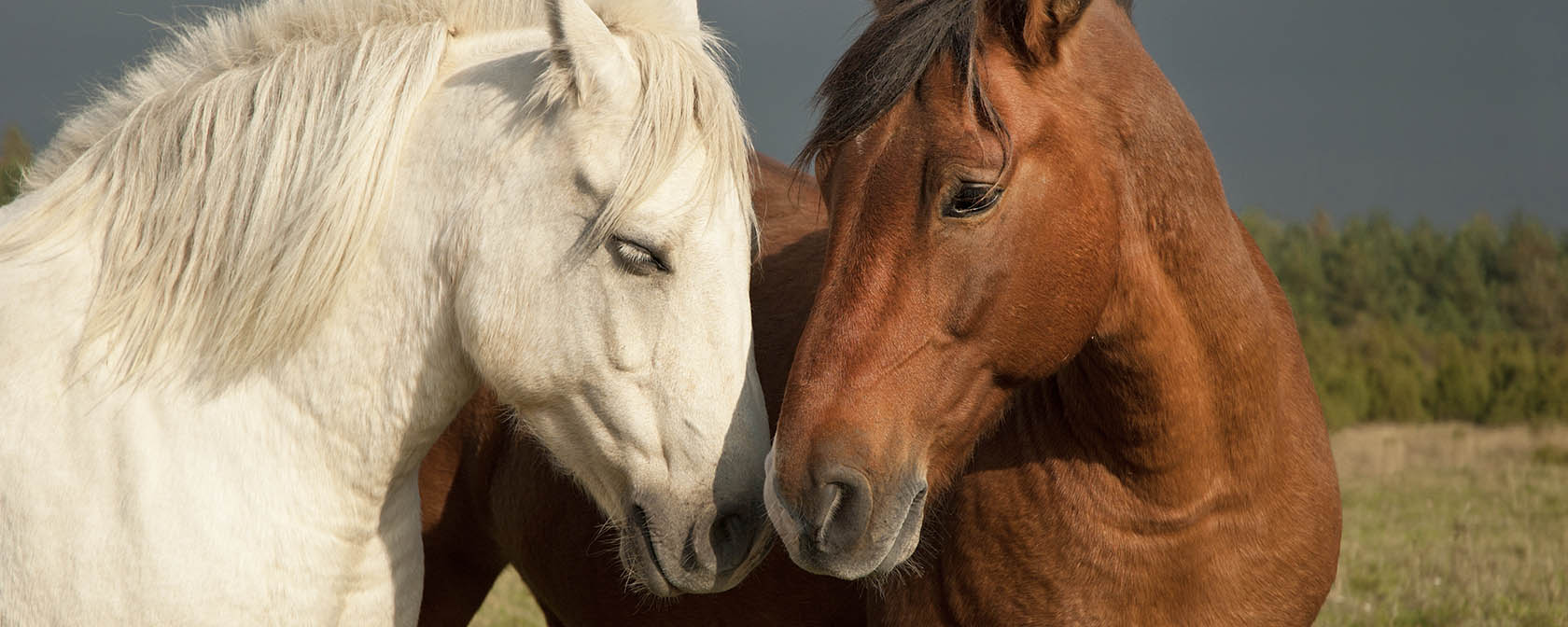By Sara Amundson and Kitty Block
Update (3/15/2021): The Senate has voted to confirm Rep. Deb Haaland to lead the Department of Interior by a vote of 51-40.
Rep. Deb Haaland, President Biden’s nominee to lead the Department of the Interior, has a proven track record of working on the side of animals. Humane Society Legislative Fund endorsed her history-making run for the U.S. House in 2018, and she has since worked swiftly to not only move the ball forward for several key animal protection issues but also to oppose some of the worst decisions made by the Department of the Interior under President Trump. Her advocacy for animals earned her a perfect score of 100 on HSLF’s 2020 Humane Scorecard.
As her Senate confirmation process begins today, we look forward to a return to U.S. Interior policy that protects our most vulnerable wildlife, both here in the United States and around the world.
Under Haaland’s predecessors—Ryan Zinke and then David Bernhardt—the Department of the Interior, in many instances, set the clock back on progress made for wildlife, especially imperiled species, although they did attempt to tackle the challenges of managing wild horses and burros on federal lands. Both Zinke and Bernhardt showed a distinct preference for playing into the hands of trophy hunting interests and some of their worst decisions included dangerous changes to dismantle the Endangered Species Act, stripping ESA protections for wolves, and reinstating cruel hunting practices on national preserves in Alaska.
In contrast, Rep. Haaland has spent her last two years, as chair of the House Natural Resources Subcommittee on National Parks, Forests and Public Lands striving to protect wildlife by pushing for an increase in the use of fertility control to manage wild horses and burros, pushing to create a transparent and science-based permit system for the import of trophies of imperiled animal species, and ensuring that protections for species on the brink of extinction are restored.
Rep. Haaland was a cosponsor of a House bill that would have stopped some of the most dangerous changes to the ESA from taking effect. She signed on to a letter opposing the delisting of gray wolves. And she cosponsored a bill, Conserving Ecosystems by Ceasing the Importation of Large Animal Trophies (CECIL) Act, which would have amended the Endangered Species Act to prohibit import and export of any species listed or proposed to be listed as a threated or endangered species.
Among her many achievements for animals, she has:
- Led the Tribal Heritage and Grizzly Bear Protection Act with Representative Grijalva.
- Cosponsored the Extinction Prevention Act of 2019 to provide financial assistance for the conservation of key endangered species.
- Signed member letters to House appropriations leadership requesting increased funding for ESA implementation in FY20 and FY21.
- Cosponsored the Preventing Future Pandemics Act which would, in part, end commercial wildlife markets and mobilize 50 new United States Fish and Wildlife Service attaches to combat wildlife trafficking.
- Signed a letter opposing opening up Alaska’s Kenai Wildlife Refuge to additional extreme hunting practices.
- Cosponsored legislation that would prohibit oil and gas activities within one mile of polar bear habitat on the coastal plain of the Arctic National Wildlife Refuge.
- Cosponsored the Migratory Bird Protection Act that reaffirms longstanding federal protections for migratory birds.
- Introduced legislation that would have reversed the Trump administration’s actions to shrink and eliminate some National Marine Monuments.
- Advocated for wild horses and burros and opposed surgical sterilization—a point of view we agree with. She also supported an amendment in the House appropriations omnibus bill that would have required the Bureau of Land Management to spend $13 million on PZP fertility control treatments for wild horses and burros.
In coming weeks and months, we hope to work with her in her new role to realign the agency’s management regime for wild horses and burros to create a humane, long term, sustainable program that halts and abandons any attempts to use surgical sterilization on mares and instead focuses the agency’s resources on using all proven safe and humane fertility control vaccines to manage these animals.
We also look forward to working together to ensure that ESA protections are restored to wolves, dangerous changes to the ESA are reversed, and the import of trophies of listed species like African elephants, lions and leopards, all currently threatened with extinction, is halted.
Rep. Haaland promises to be a formidable force for the planet and the animals. She was one of the two first female Native Americans to be elected to Congress and she is once again on the verge of making history as the first Native American to head the Department of the Interior, which is also home to the Bureau of Indian Affairs that has responsibility for the management of more than 50,000,000 acres of land held by the U.S. government in trust for federally recognized tribes, and the animals on those lands.
In a tweet soon after her nomination she wrote, “Growing up in my mother’s Pueblo household made me fierce. I’ll be fierce for all of us, our planet, and all of our protected land. I am honored and ready to serve.”
We wish her all the best, and we call on the Senate to confirm her swiftly so she can begin this important work.
Kitty Block is President and CEO of the Humane Society of the United States.




